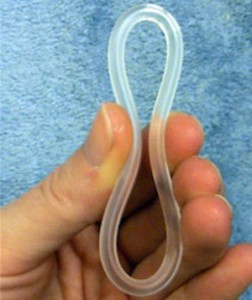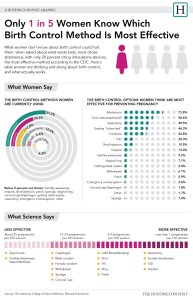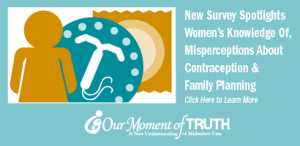Here an interesting and worthwhile tidbit about improving your experience with the the birth control pill from Women’s Health Magazine, their article entitled BEHIND THE PRESCRIPTION PAD

They report: “The most surprising thing about oral contraceptives is how many gynecologists prescribe them carelessly.”
This is not surprising to many readers? Right. Doctors are human, too; they favor the products they know, and perhaps those for which they have free samples in their drawer.
What to do?
To find the optimal pill cocktail for any individual patient requires a little effort, such as a hormone test. “The test is easy — you just spit into a small plastic tube once during the second half of your cycle. The small sample of saliva is a snapshot of how your levels of estrogen, progesterone, testosterone, and cortisol fluctuate during the course of your menstrual cycle.” Sounds easy enough, and worth it for anyone trying to avoid pill side effects such as PMS.
If you feel your mix is perhaps not optimal, ask your doc about the hormone test and a re-assessment – or find a doctor who will do this with you. How is your mix? Anyone care to share their experience with the hormone test? Maybe a friend needs this advice as well?
With thanks to Women’s Health Magazine!
Like this:
Like Loading...









